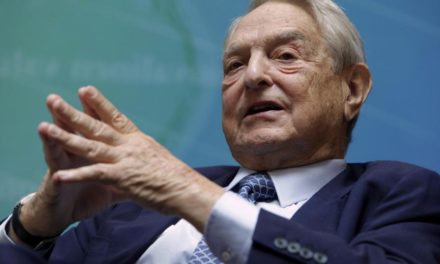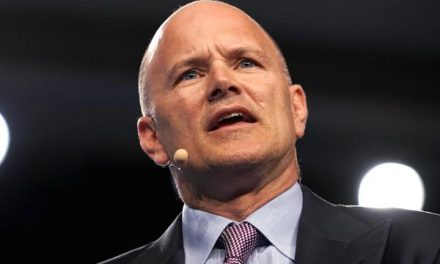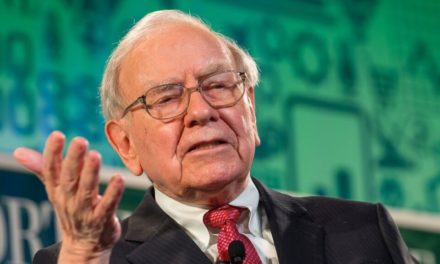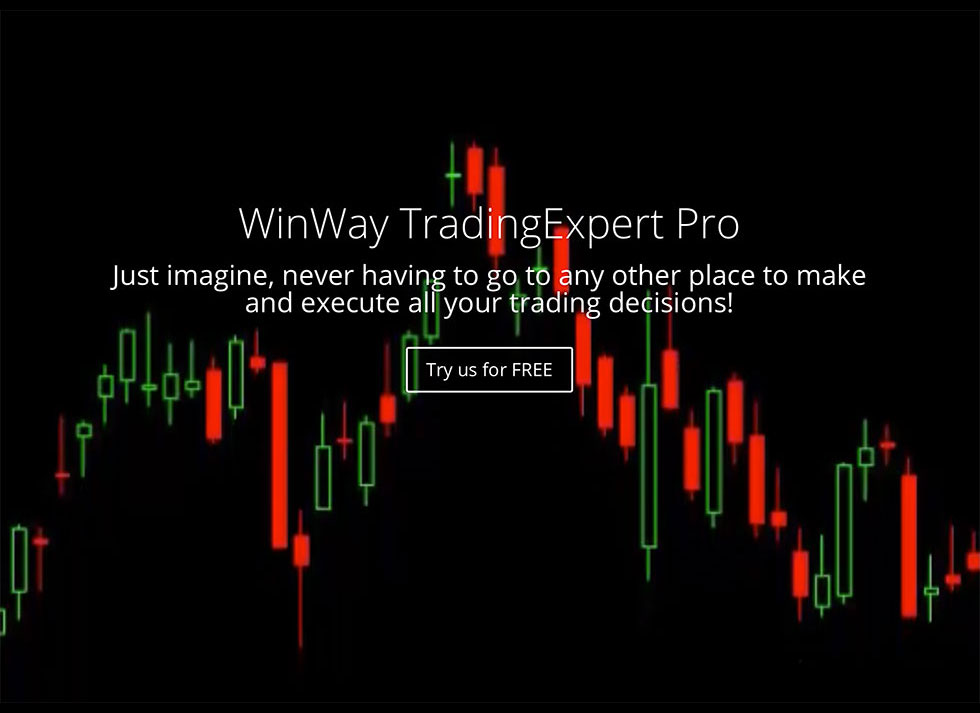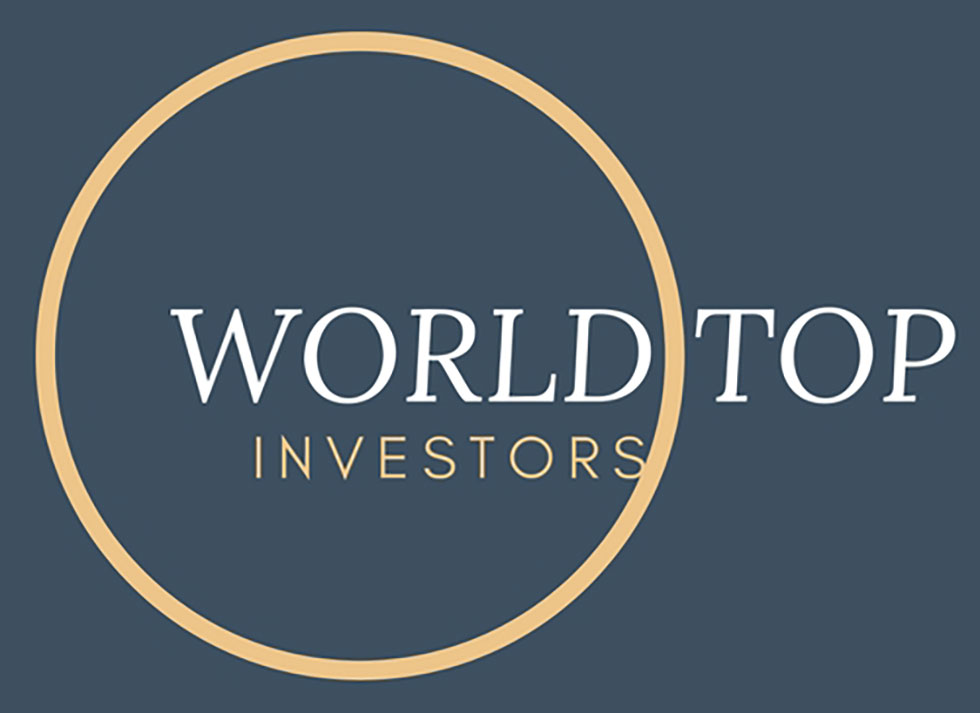Pierre Andurand clocks big losses as his bullish bets on the energy market falls on the losing side.
The downtrend in the energy market has been particularly acute during the first quarter of 2020 as the black swan event COVID 19 becomes a reality, a global pandemic. The virus has reared its ugly head in Europe, Africa, and North America.
The energy market is on the front line of the impact of COVID 19, which has been described as a “demand shock” event by energy traders.
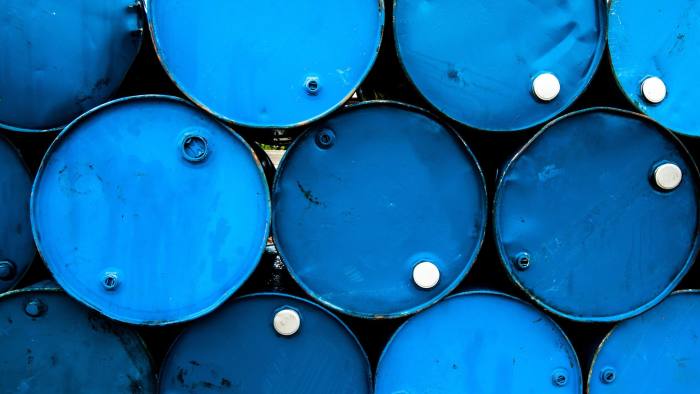
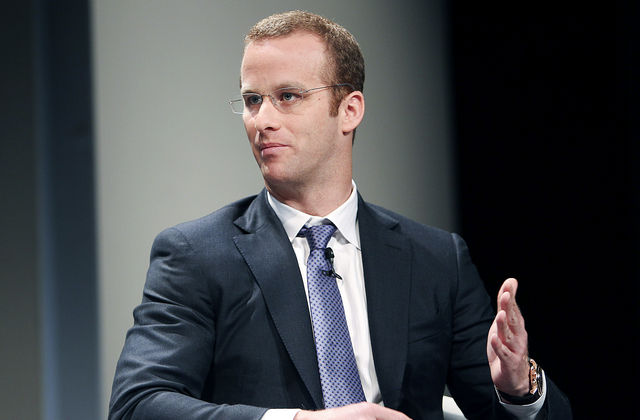
“The downtrend in the energy market has been particularly acute during the first quarter of 2020 as the black swan event COVID 19 becomes a reality”
THE WEALTH TRAINING COMPANY
Pierre Andurand clocks big losses as demand for crude oil, a barometer for global economic activity craters
Tanker traffic jams at sea point to chaos in the Asian oil market.
The sharp decline in demand in China, the world’s largest oil importer is creating tanker traffic jams off the coast.
But tanker traffic jams at sea is not new. The epic oil glut combined with a slow global economy sparked a supertanker traffic jams in November 2015. Oversupply problems and combined tanker traffic jams were reported five years ago as the oil price nosedived. Since then, despite numerous OPEC cuts the oil market has been in a cyclical bear market. So COVID 19 is steepening this downtrend.
So Pierre Andurand clocks big losses as his bullish bets experience 8% losses in his main fund during a turbulent start to 2020 for energy markets
But Pierre Andurand who manages the world’s largest oil fund, Andurand Commodities Fund, is no stranger to big losses.
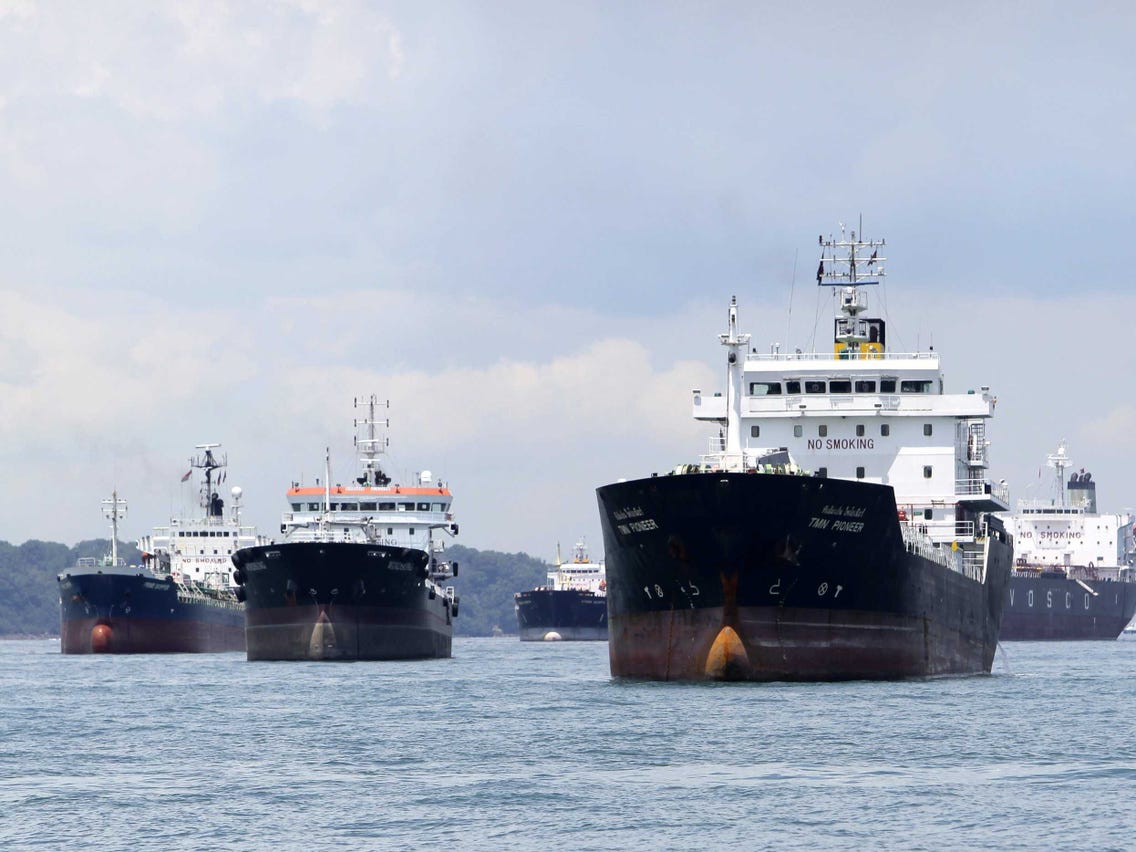
“The sharp decline in demand in China, the world’s largest oil importer is creating tanker traffic jams off the coast”
THE WEALTH TRAINING COMPANY
As we reported in a piece, entitled “Pierre Andurand suffers heavy losses,” dated November 2018, in the wake of massive bullish oil bets the oil trader suffered heavy losses as he incorrectly forecast that crude oil would spiral to 100 USD.
Pierre Andurand’s $1bn Andurand Commodities Fund hemorrhaging 20.9% in that month alone leaving the fund in the red by 12% for the year.
It is often politics and not economics that determines the price of oil
Indeed, two years ago Saudi Arabia, a major Opec country bowed to pressure to increase production following Trump’s address to the United Nations where the US President slammed OPEC for “ripping off the rest of the world. “We are not going to put up with these higher oil prices for much longer,” said US President Trump.
In 2018, Pierre Andurand clocks big losses due to pressure from POTUS Moreover, in 2020 the former billionaire high profile trader’s bullish bets are caught offside again due to the black swan COVID 19 creating a demand shock event.
The 43-year-old trader is well known in the oil market for taking huge directional bets on the oil price. Pierre Andurand has had a string of wins with his call to fame being when he made 200 percent in 2008, as oil prices first spiked. Pierre Andurand’s fund also gained 38 percent in 2014, which ranked it among the world’s top-performing funds. Pierre Andurand also raked in profits in 2016 with his fund gaining 22 percent.
“Pierre Andurand’s team of Olympic athletes has not translated to alpha, above indices returns.” – The Wealth Training Company
Since 2016 Pierre Andurand clocks big losses and the oil trader has been struggling without success to replicate his previous wins
Pierre Andurand’s team of Olympic athletes has not translated to alpha, above indices returns.
Do high testosterone levels make one oblivious to risks?
Pierre Andurand, a kick-boxing devotee and former champion swimmer, has in the past recruited a string of Olympic gold medalists to his team of analysts and traders who work in offices overlooking the luxury department store Harrods in Knightsbridge, London.
Pierre Andurand clocks big losses by also attempting to profit from smaller inefficiencies which failed to materialize.
For example, in January most oil traders were betting that the price of high-sulfur fuel oil would fall, due to the implementation of new rules on shipping emissions at the start of the year, known as IMO 2020.
Changing emissions regulations have the effect of shifting the demand curve to the left, which, in theory, given all things equal, lowers the equilibrium price for high-sulfur fuel.
But the oil market is a machine with many moving parts.
What happens if high-sulfur fuel supplies get wind of the new shipping emissions regulations and cuts supplies in time to prevent a glut and a price collapse?
That is precisely what happened. Moreover, the price of lower-sulfur fuel, a substitute which complies with the IMO 2020, did not rise either because refiners were able to adept at blending lower-sulfur fuel mixes to boost supplies.
“buy when there is blood on the streets” – Rothschild
In a few words, supply time lags were miscalculated in the bet. The price of diesel didn’t rise and the price of high-sulfur fuel oil didn’t fall due to demand changes from the new emissions regulations because suppliers were able to adjust output.
Moreover, some ship owners were able to keep using high-sulfur fuel oil without falling foul of the emissions regulations because they had installed sulfur-stripping scrubbers on their vessels.
In fact, prices for high-sulfur fuel rose as ship owners of older vessels were reluctant to use the new fuel blends which they feared would cause engine damage.
Meanwhile, as refiners produced less high-sulfur fuel oil, an unexpected scramble for barrels ensued, sending prices spiking higher.
Pierre Andurand clocks big losses by miscalculating the three-dimensional impact of IMO 2020 on high-sulfur low-sulfur fuel prices
But as oil traders know, trading oil has many wildcards.
The US assassination of Iranian commander Qassem Soleimani in the first week of January 2020 sent oil spiraling towards $70 a barrel. Then it fell back to near $55 by the end of the month as the COVID 19 outbreak cut demand in China, the world’s largest oil consumer.
Pierre Andurand clocks big losses and if there is anything to be learned from it is to expect the unexpected
So here is a wild call. Could the big oil suppliers be playing a survival of the fittest game? Keep an eye out for OPEC bickering over supply cuts. If there are no cuts, in the pipeline then you know where this is going. Then “buy when there is blood on the streets” Rothschild.

